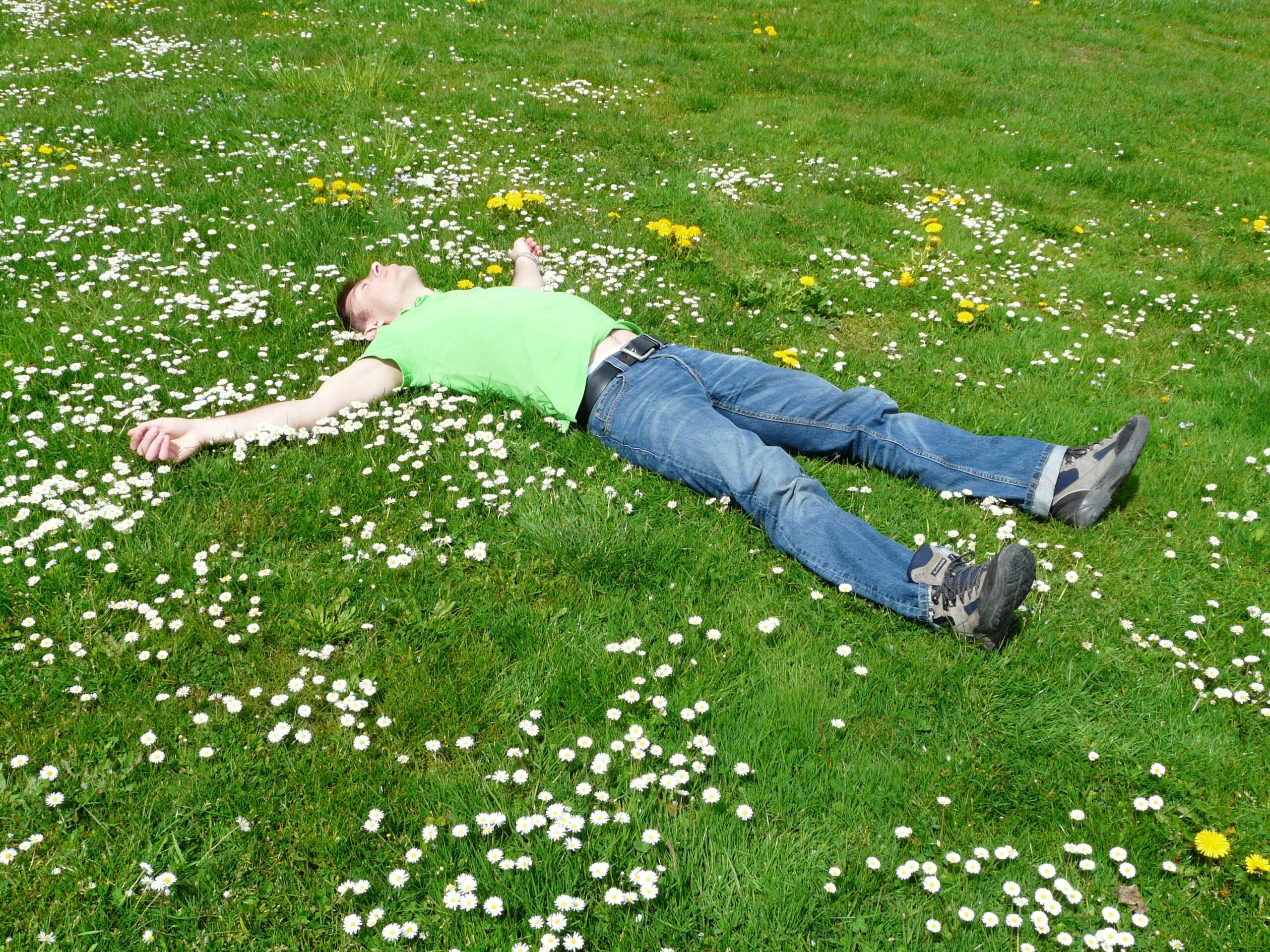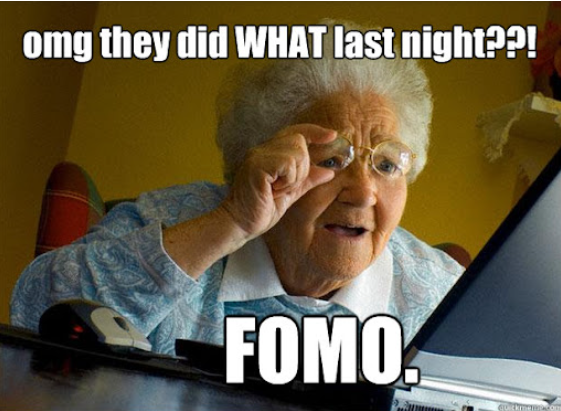
In a world where we are constantly bombarded by alerts, notifications, and the pressure to be “always connected,” the experience of feeling like we’re missing out has become almost inevitable. The phenomenon of FOMO (Fear of Missing Out) — the fear of being left out of conversations, events, or fun — has seeped into our routines, often invisibly but undeniably present.
However, a new concept is starting to gain ground, shifting the narrative from deprivation to freedom: JOMO (Joy of Missing Out). Or simply, the joy of being absent. This shift isn’t about outright rejecting digital life or avoiding social interactions, but rather a conscious choice to be present for what truly matters. More than a temporary detox, it’s a profound transformation in how we deal with time, technology, and, most importantly, ourselves.

This concept gains even more relevance in the digital age. Carl Honoré, a Canadian journalist and a key figure in the Slow Movement, author of “In Praise of Slowness: Challenging the Cult of Speed,” invites us to reflect on how hyperconnection has redefined our identity and sense of belonging. But he goes further—exploring other aspects of this movement, whether in sex, urban trends, or even the choice of ingredients when cooking. For him, constant speed distances us from our true essence. “We live in a world obsessed with speed, where rushing has become a symbol of efficiency. But are we truly living, or just moving too fast to notice what matters?” Honoré asks.
The fear of missing out forces us to be constantly on the move—consuming, participating, and validating our existence through digital presence and the relentless pursuit of novelty. In this context, disconnecting seems almost unthinkable for many. However, Honoré shows us a liberating possibility: choosing to be intentionally, consciously, and, most importantly, joyfully absent.
“We need leisure to recharge our batteries, but we also need silence to get to know ourselves, to listen to what’s going on inside our bodies and minds, to establish connections with others. We need leisure to be human.” – Carl Honoré
For decades, the culture of “not missing anything” has been fueled by the urgency of consumer society, where the constant search for novelty translates into status and validation. However, at the height of social media, this obsession with being everywhere at once has intensified, creating a sense of scarcity — as if, by not being present, our lives lose value.
But by accepting this “loss” as a choice, we can free ourselves from the shackles of a superficial existence filled with distractions. Honoré argues that “the secret is not in rejecting technology, but in using it intentionally. Instead of being hostages to constant connectivity, we can use it to our advantage.”
Technology as an Ally, Not an Enemy
Far from trying to convince anyone to completely disconnect from social media—knowing that would be impossible—it is possible to use digital tools intentionally, without letting them consume us. Social media, for example, can become a space for genuine and empathetic exchange, if we are able to set healthy boundaries. “The key to digital happiness is not abstinence, but moderation,” he asserts.
One of the greatest challenges for those trying to embrace JOMO is the fear that disconnecting means being left out of the “essential conversations” or missing out on valuable opportunities. Honoré challenges this notion, proposing that the real opportunity lies in cultivating a more focused and meaningful presence, instead of being everywhere at once, without truly being in any of those places.

The anxiety generated by the fear of missing out is one of the defining traits of the current generation, undermining our ability to focus on what truly benefits us. We live in a constant cycle of comparison, where others’ “success” feeds insecurity about our own choices. However, by adopting a more introspective view, we can redefine this notion, no longer in relation to others, but from an internal perspective.
Honoré emphasizes that true fulfillment is not in accumulating experiences or proving our worth to others, but in finding a rhythm that respects our individuality. This movement also allows us to appreciate simple and profound moments, often overshadowed by the need for digital validation. In a landscape dominated by virtual personalities and the mass production of content, reclaiming authenticity becomes an act of resistance.
True freedom does not lie in living according to others’ expectations, but in the ability to cultivate a more meaningful presence—even if it means stepping away from certain spaces, including the digital ones. The transition to this new mindset is not easy, as it requires courage to redefine what it means to “belong.” However, by making this choice, we can rediscover a lost balance and, paradoxically, connect more deeply and genuinely with the world around us.
In the end, slowing down is an invitation to look inward, recognizing that we don’t need to be everywhere all the time, and that by letting go of the chase, we can finally find what truly matters.